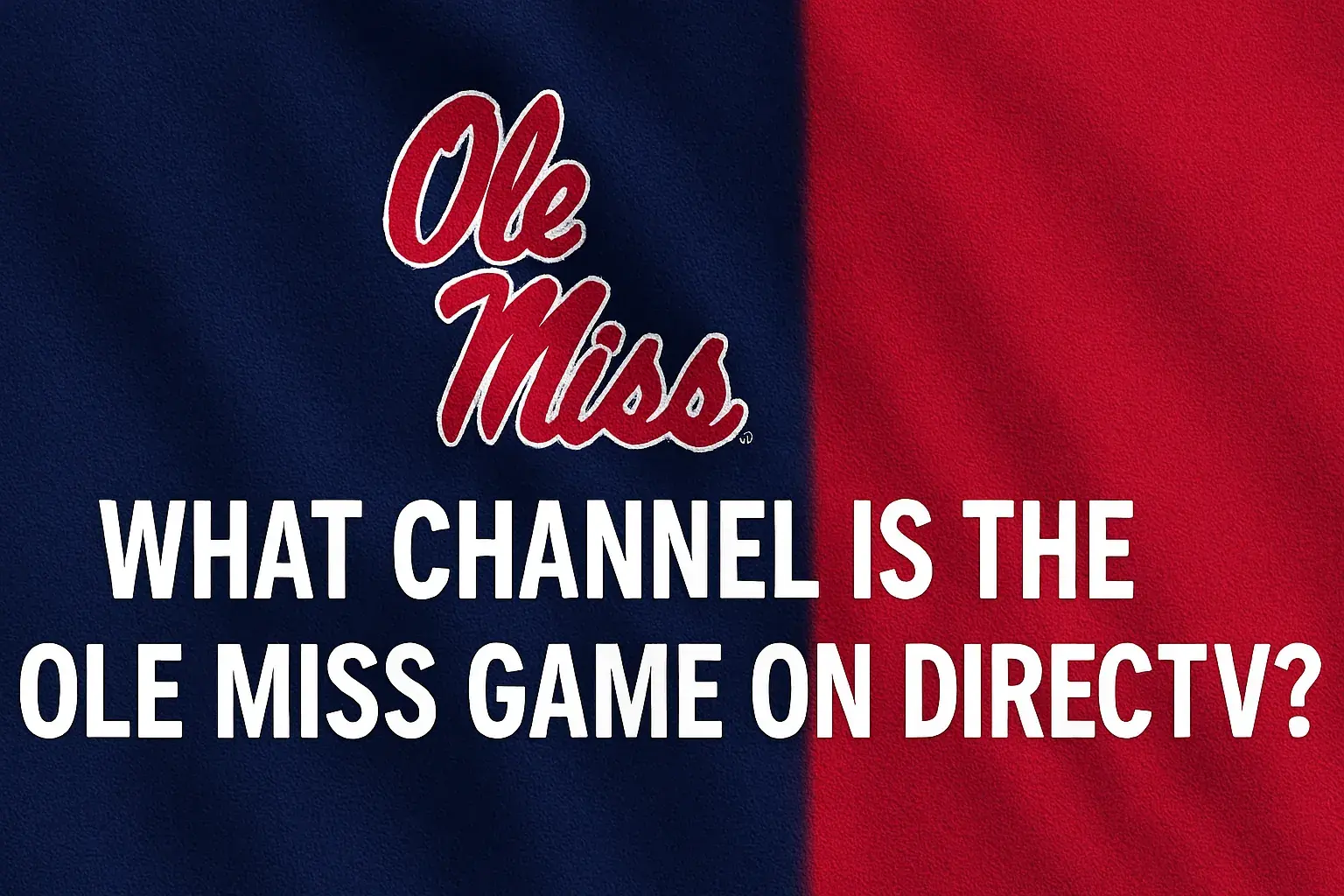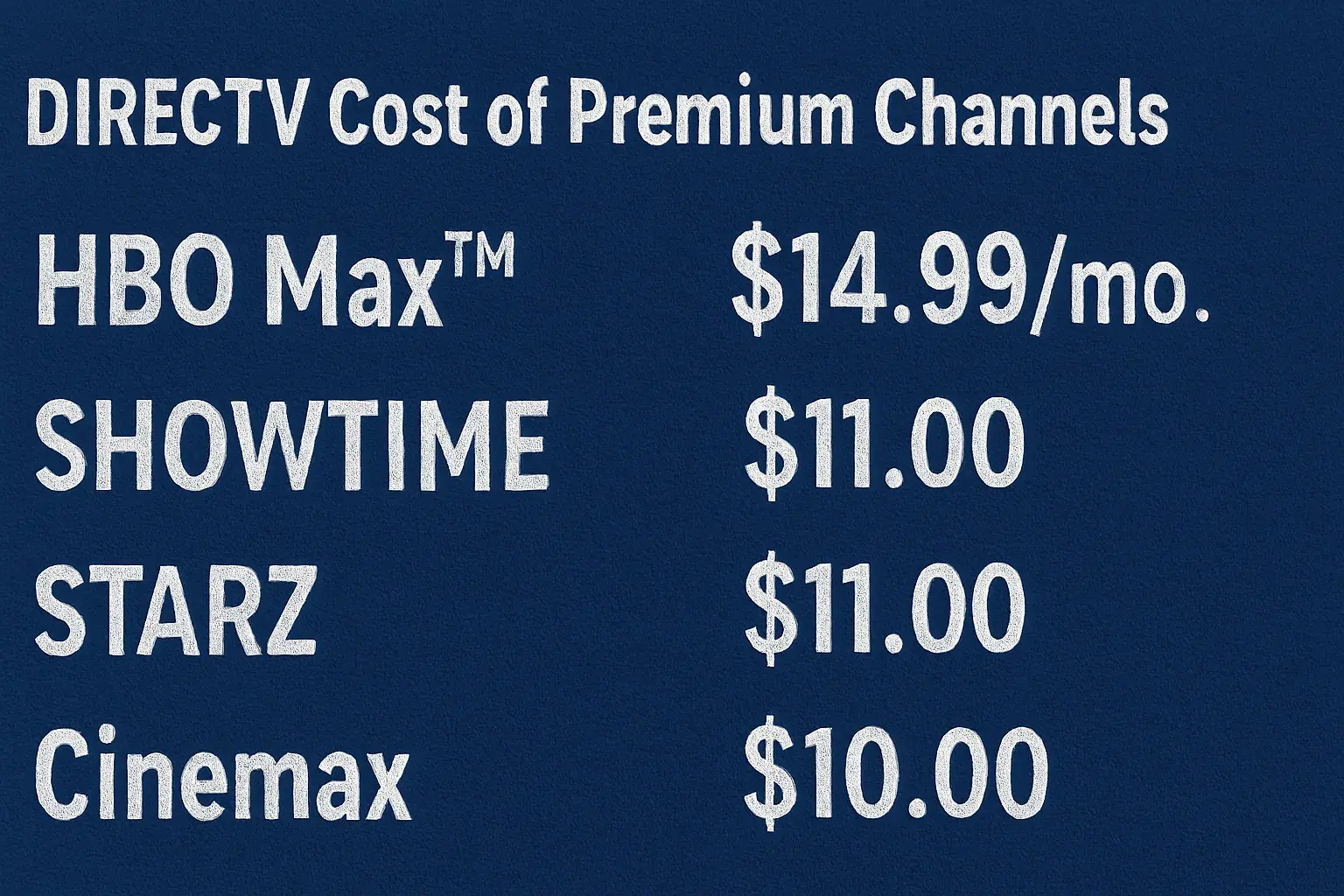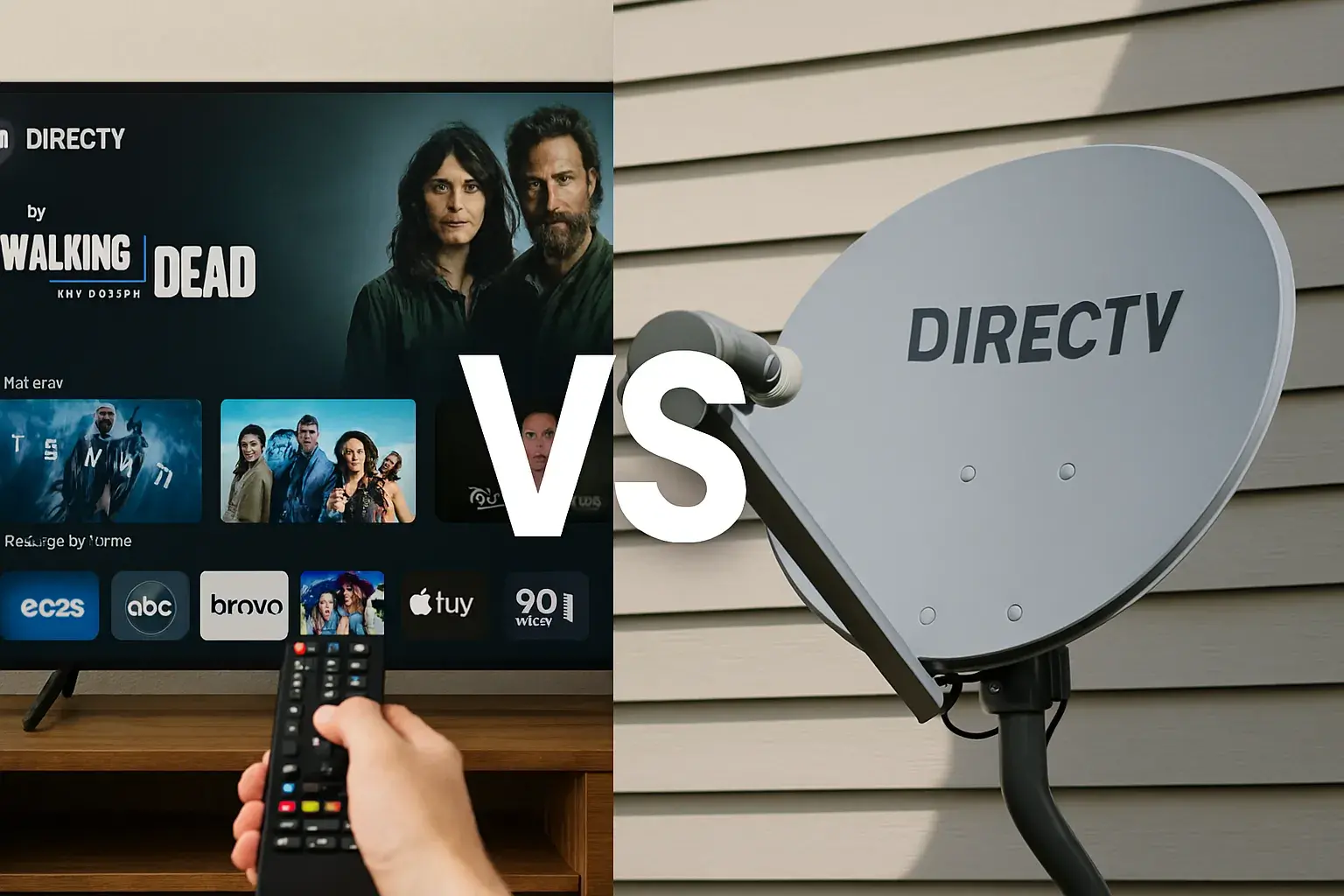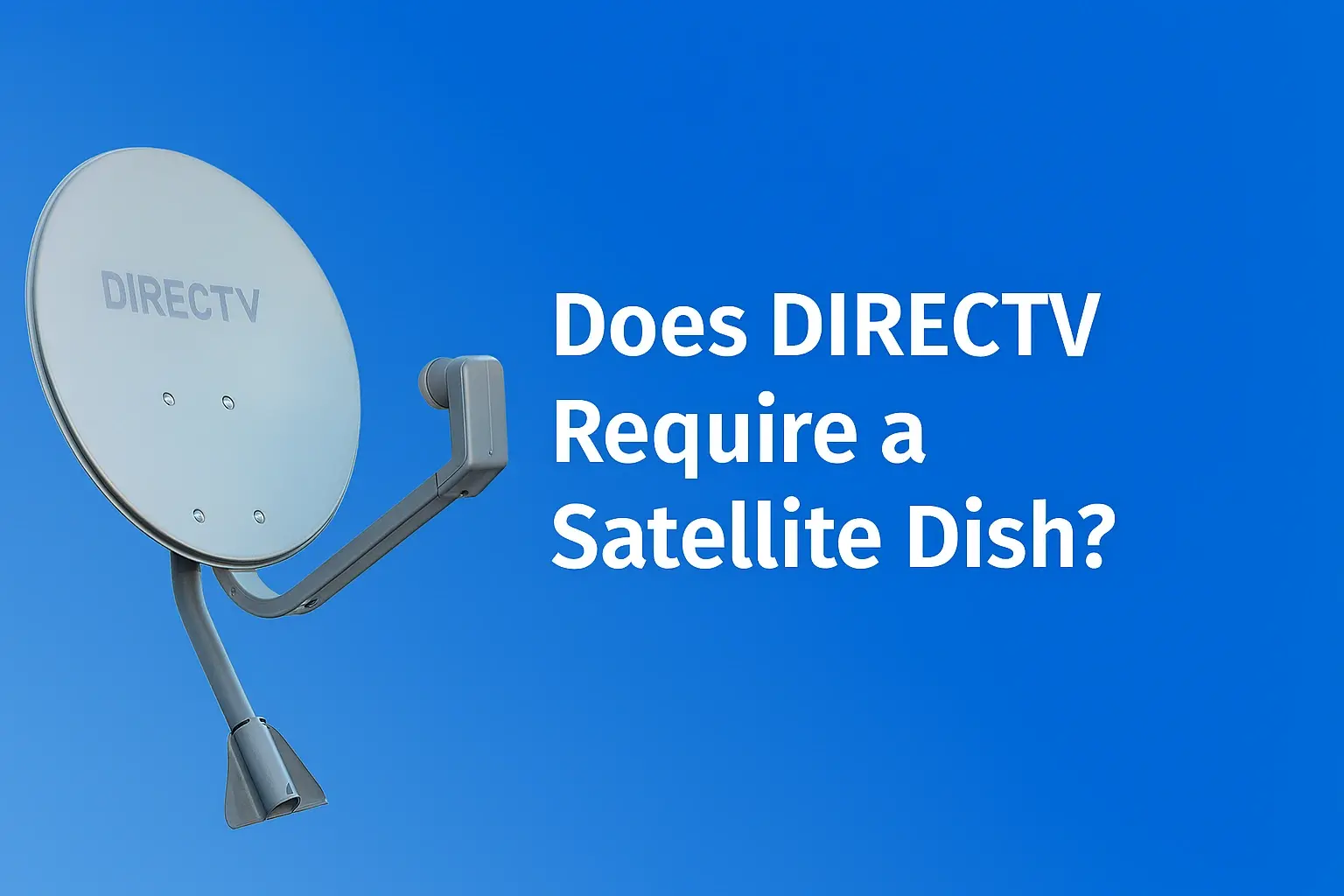-
Posted on: 01 Jul 2024
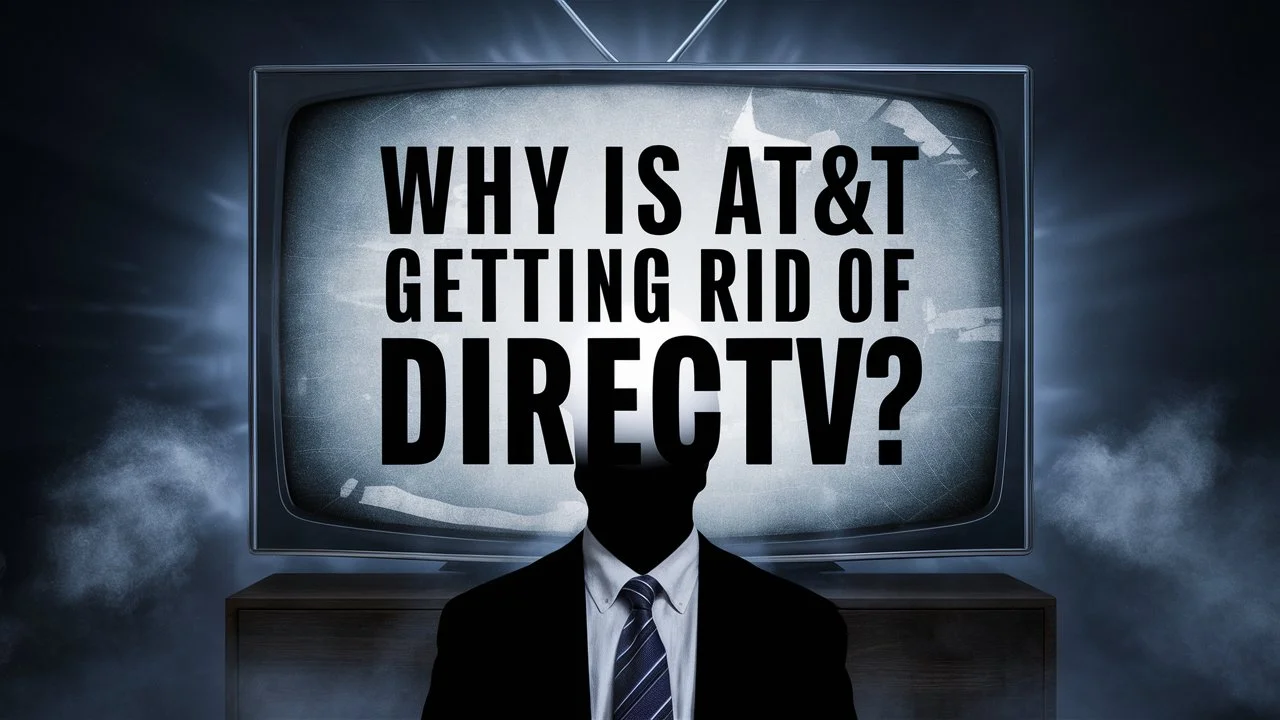
-
Why is AT&T phasing out DIRECTV?
In the year 2015, AT&T bought out DIRECTV for $ 49 billion for the same reason of trying to directly battle cable MKT through the combination of distribution and content. Yet five years later, AT&T has been considering selling 69.5% of the stake in the company to TPG, the private equity firm in a $16 billion deal. This has been noticed following the realization that AT&T shed more than 6 million in premium TV subscription clients from 2018 to 2020.
There are several key reasons why AT&T is effectively getting out of the DIRECTV business: There are several key reasons why AT&T is effectively getting out of the DIRECTV business:
The Pay TV has been steadily on the decline
The traditional pay-TV industry has been unprofitable in the last few years because of the process called “cord-cutting” where customers turned to cheaper SVoD platforms like Netflix, Hulu, Disney+, and others. DIRECTV has suffered mainly from this by losing millions of satellite TV customers. These were not losses that AT&T was able to contain or reduce in the way that it had hoped when it embarked on the acquisition process. Scaling back DIRECTV signals AT&T’s recent realization that the conventional satellite TV business model is on a one-way trajectory to collapse.
Lack of Co-ordination between DIRECTV and Wireless Business
One main justification for AT&T’s acquisition of DIRECTV was the synergies resulting from bundling satellite TV subscriptions with AT&T’s wireless phone offerings, in addition to the cross-selling aspect. However, it was challenging for AT&T to bring mobile and TV bundling strategies into the market. These synergies came in the form of cost savings and additional revenue and the former mostly did not happen and the latter was negligible.
Heavy Debt Load
Indeed, AT&T bought DIRECTV and other media within the same year with over $180 billion in debt. Unlike achieving organic growth via investments in the DIRECTV satellite business which has been shrinking in terms of growth, AT&T has been more preoccupied with cutting costs and divesting to service its debts. The sale of DIRECTV also assists AT&T in reducing its debt level since it secures less money for it.
From cable to streaming and from 4G to 5G
Since John Stankey took over as AT&T’s CEO, the company has focused more focus on the development of 5G networking and the expansion of the HBO Max streaming service. While consumers have moved away from satellite TV toward streaming, AT&T appears to favor controlling the future of video distribution over reviving its struggling satellite TV division.
Accounting Write-Downs
For example, in 2019, AT&T wrote down $15.5 billion of the value of DIRECTV, which indicates that major aspects of the accretion deal have failed. This write-down made it appear as if DIRECTV was a money-losing business that AT&T would like to divest from.
This methodology of TPG deal valuation could be a sign that the failed merger was all along.
That AT&T concluded a deal that values DIRECTV at $17 billion, which is one-third of the $49 billion that AT&T initially paid for this satellite TV provider, is in line with this notion of failure. Sustaining an overall loss of $34 billion within a mere five-year period was adequate to persuade AT&T’s top management to exclude DIRECTV from the list of strategic businesses.
No Rescue in Sight
As SVOD takes over, DIRECTV will likely experience a similar trend of subscriber loss due to the costly nature of programming and the satellite format to support it. DIRECTV, however, changed AT&T’s operations and it observed that significant extra capital would have to be spent to revamp the business model of this unit – something that cannot be done given the ongoing trends showing people’s migration from satellite.
In a nutshell, the phenomenon of ‘cord-shaving,’ no economies of scale, the sheer pressure of a high level of debt, and a new overall corporate direction that was centered on 5G and streaming has forced AT&T to untangle from its $100 billion mega acquisition it had undertaken in 2015. Selling DIRECTV is balanced by taking out a loss-making division from AT&T’s operational portfolio while clearing resources for growth, both in terms of product and geography, and paying off debt. Finally, AT&T’s massive bet on incorporating DIRECTV as the tool that would revolutionize access to entertainment by customers was a bust. DIRECTV deal will be remembered as one of the worst mergers that a company can ever engage in.
Transform your viewing experience with DirecTV! Call us today at +1 855-213-2250 to explore our plans and find the perfect package for you. Our experts are ready to assist you and get you set up with top-notch entertainment. Don’t wait—contact us now!
